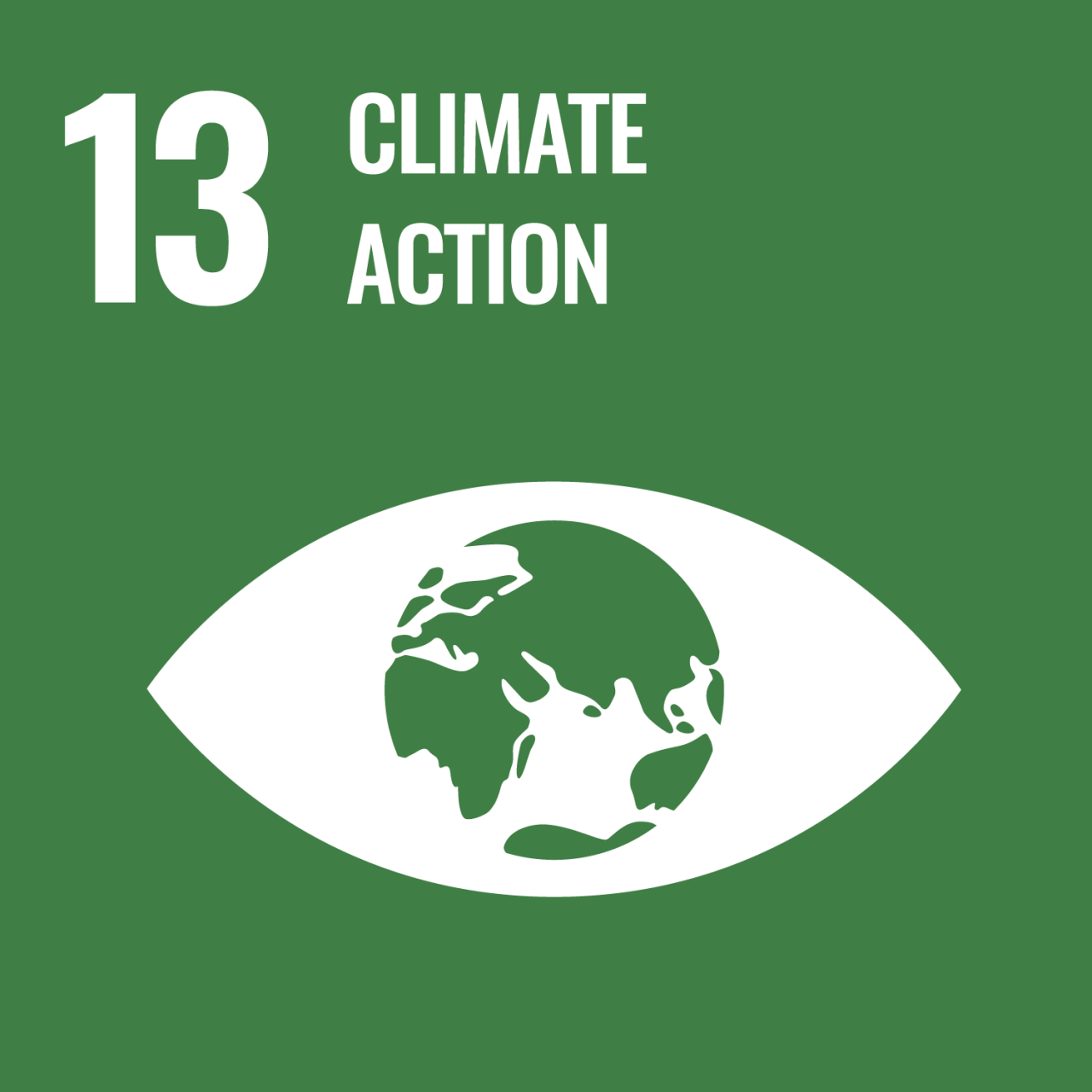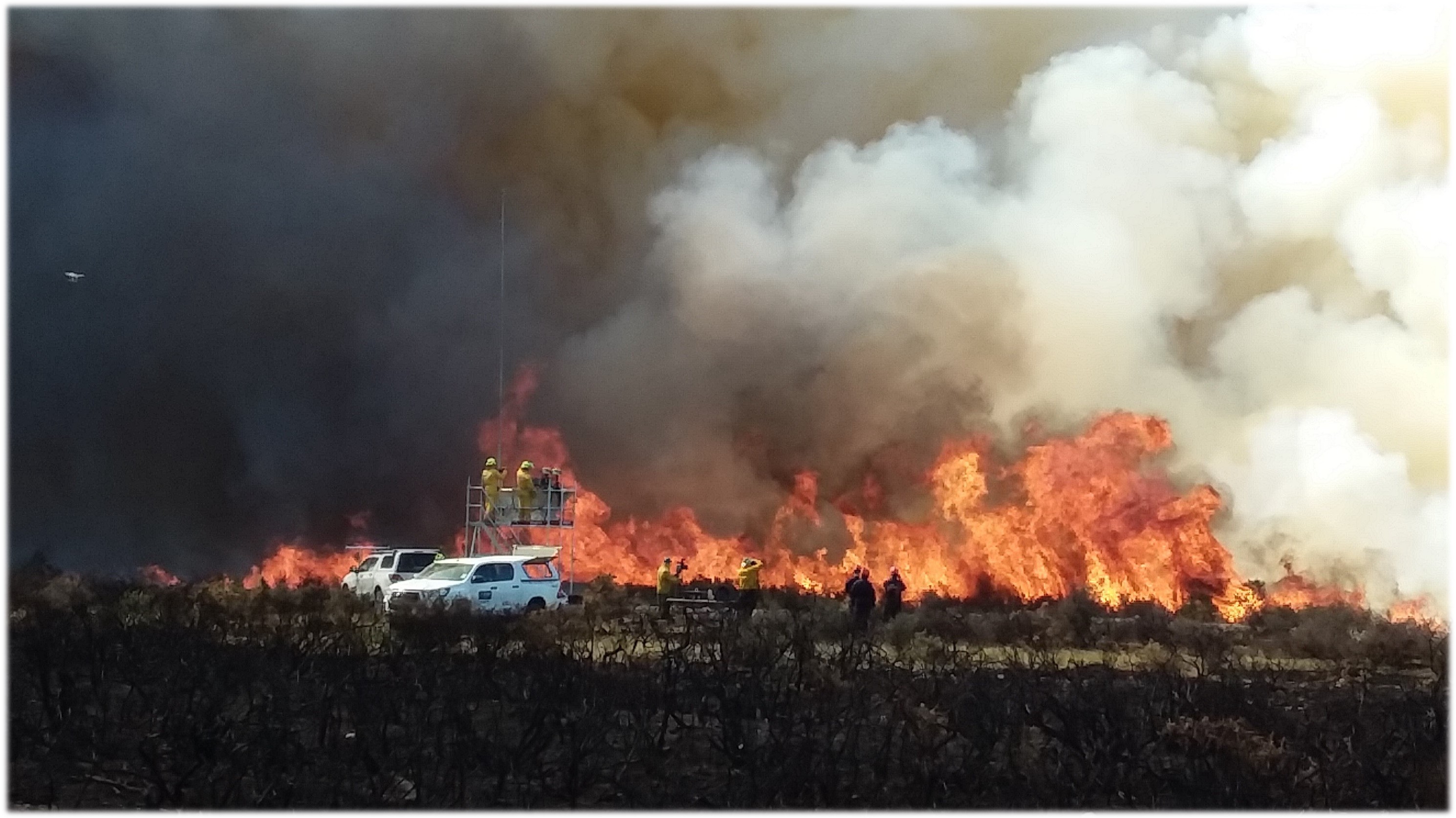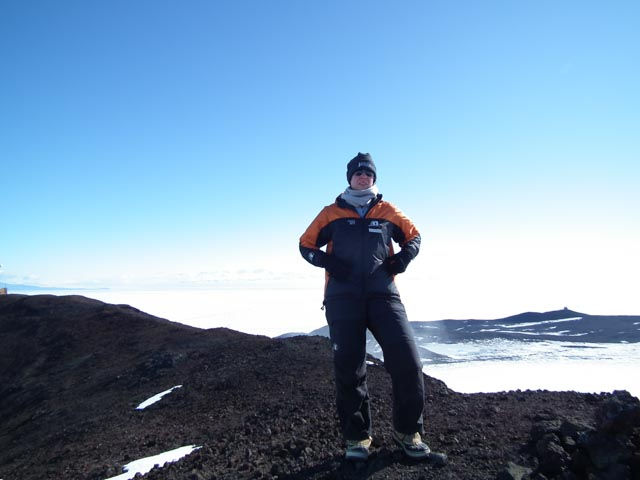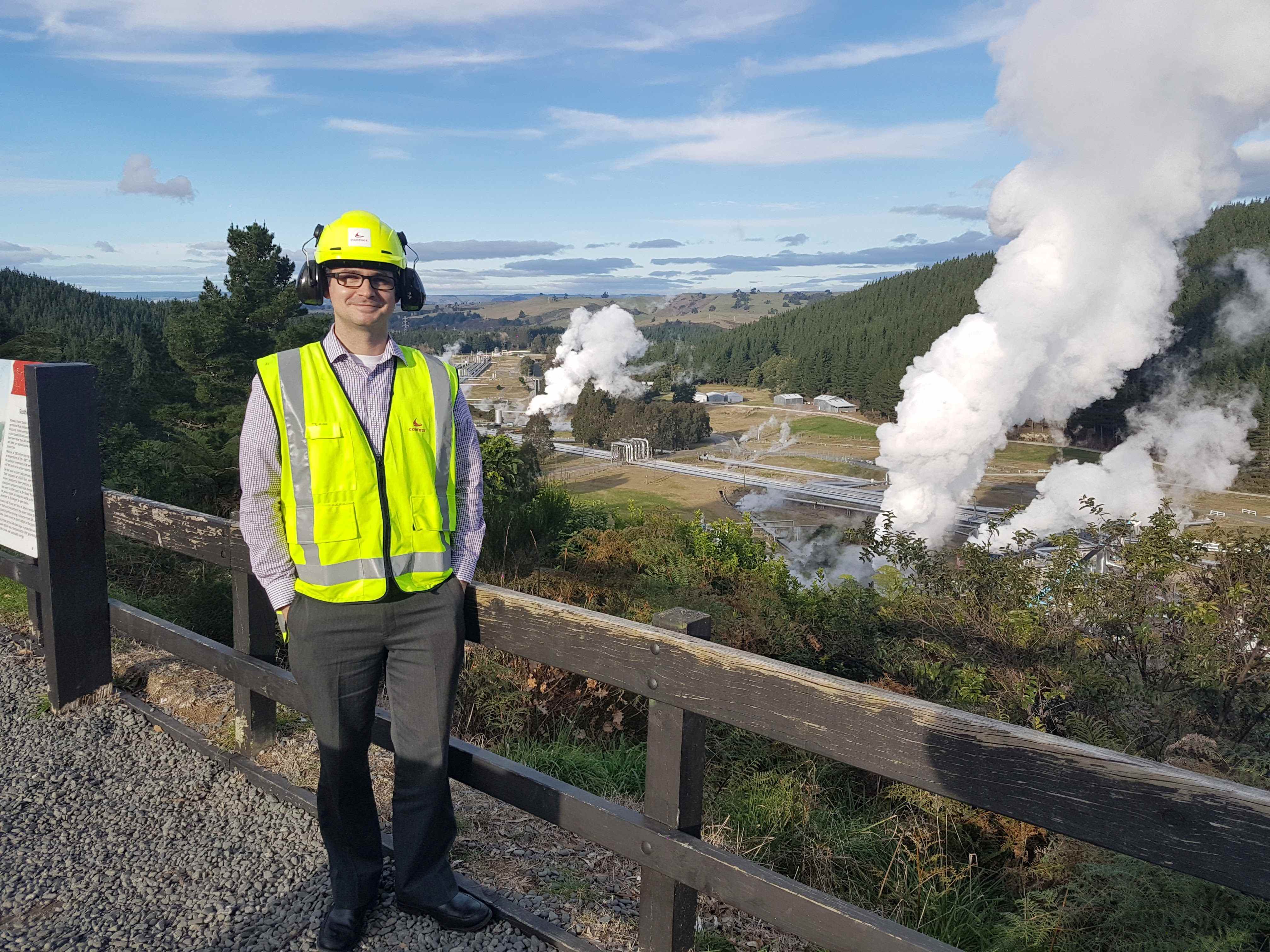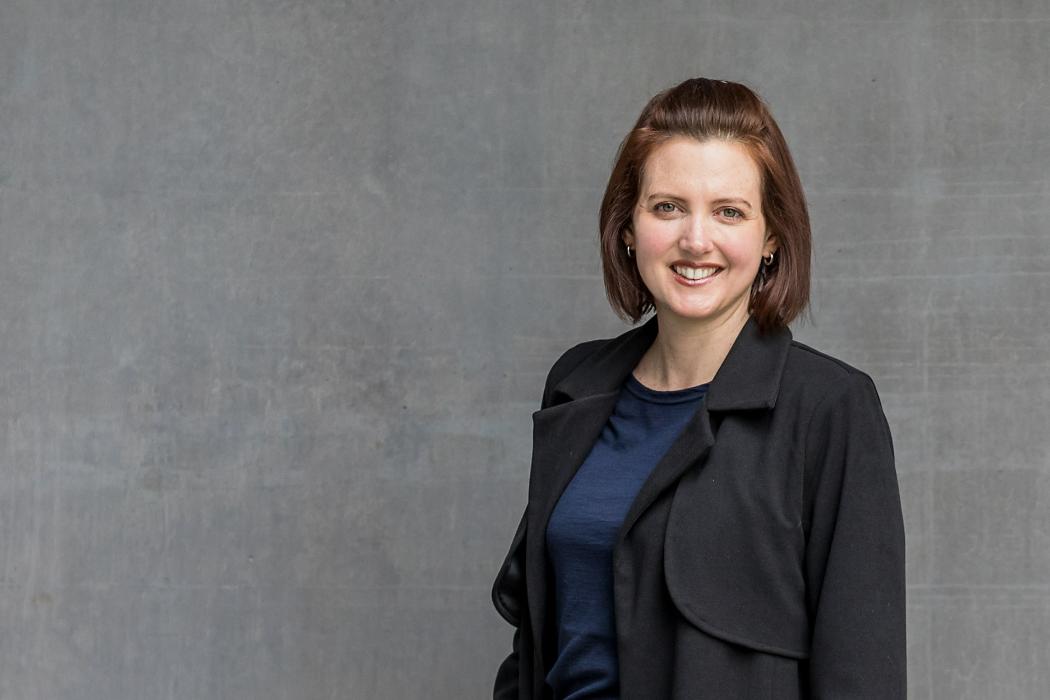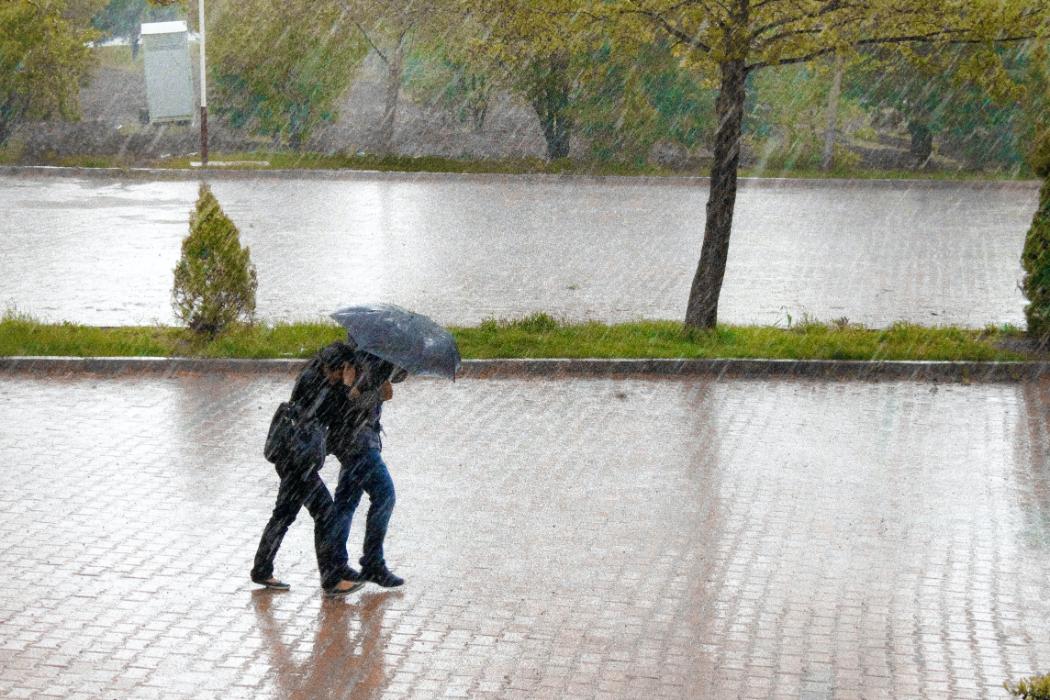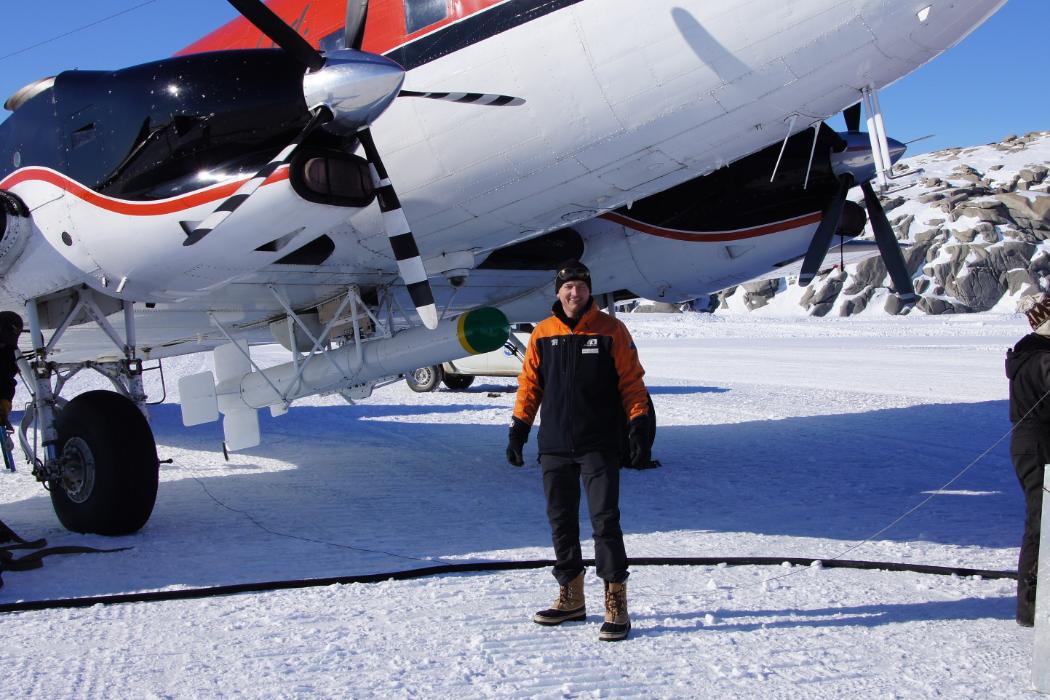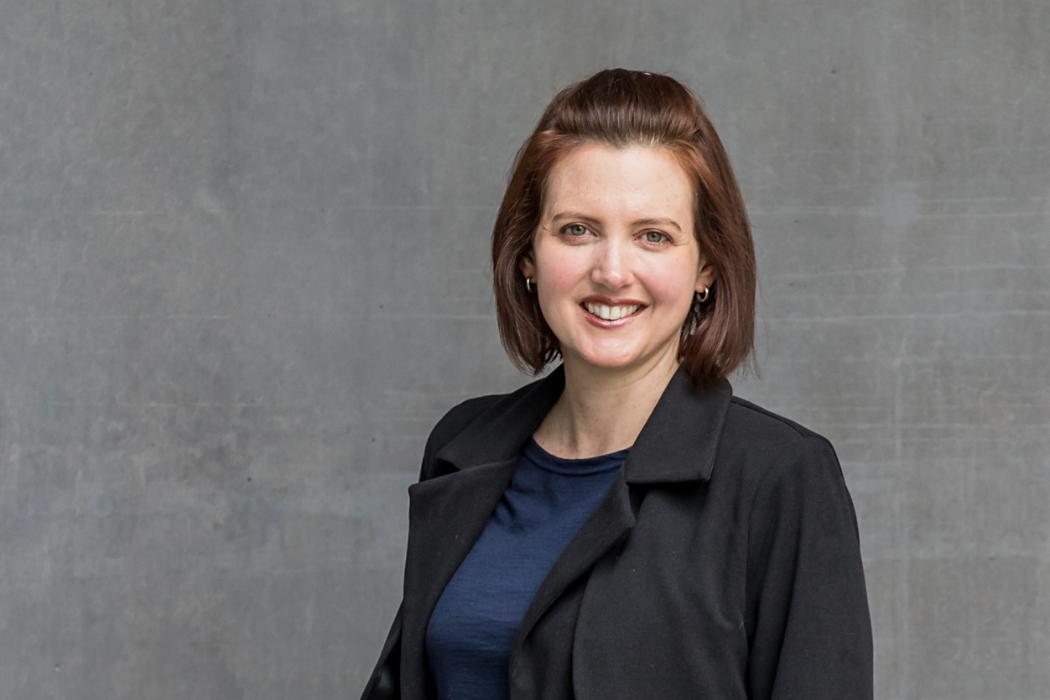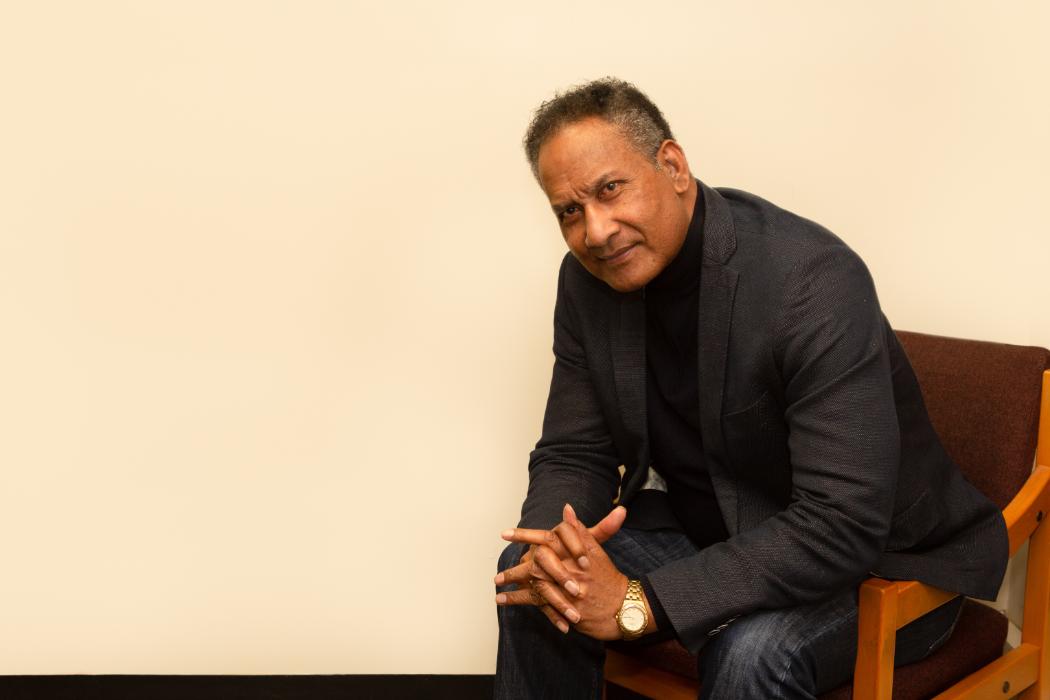Rutherford Discovery Fellowships, which are in their final year, are designed to support early-to-mid-career researchers and provide funding of $800,000 over a five-year term.
From UC’s Faculty of Law, Associate Professor Macpherson’s work investigating legal frameworks to support blue carbon futures in Aotearoa New Zealand is set to make waves as the first of its kind. The new research will be developed in partnership with te iwi o Ngāi Tahu.
Blue carbon refers to carbon dioxide stored in coastal aquatic ecosystems such as saltmarshes, mangroves, seagrass meadows, and wetlands. These systems can store significantly more carbon than forests; filter pollutants from run-off; provide critical wildlife habitats; and act as a buffer from storm surges and coastal erosion.
“Restoring blue carbon ecosystems may offer untapped opportunities for Indigenous people to lead climate responses while developing ‘blue economies’ and enhancing food security, but it is essential that blue carbon legal frameworks uphold Māori rights and rangatiratanga [self determination],” Associate Professor Macpherson says.
Several countries have begun including blue carbon storage in their national emissions trading schemes. Despite this growing interest in the potential of blue carbon, very little is known about its legal implications or the legal frameworks to support it.
Associate Professor Macpherson, who is Principal Investigator for the Sustainable Seas National Science Challenge, says New Zealand’s extensive shoreline means 65% of our population is living within 5km of the coast. “Meaningful Māori relationships with the moana and a record of trailblazing legal achievements make Aotearoa an ideal place to lead global research in the fast-evolving blue carbon sphere. It is crucial for blue carbon legal frameworks to foreground Tiriti-partnerships for a just and resilient future.”
Dr Amy Yewdall’s work on enhancing enzyme networks is at the intersection of biochemistry, biophysics, and protein engineering.
The Rutherford Discovery Fellowship will enable Dr Yewdall, a senior research fellow in the UC School of Biological Sciences, to work on a pioneering system she has developed that can keep enzymes working at their best outside of cells, an innovation that could revolutionise synthetic biology.
Enzymes can speed up chemical reactions and make useful molecules, along with lots of other important biological functions. However, enzyme networks rarely function at their full potential outside of living systems.
Dr Yewdall aims to create enzyme-enhancing micro-environments called ‘condensates’ with the goal of improving enzyme efficiency and transforming carbon dioxide into useful, high-value products such as molecules for biofuels and bioplastics.
“This exciting programme will have far-reaching implications for a variety of fields locally and internationally,” Dr Yewdall says.
Dr Logan, a senior lecturer in Civil and Natural Resources Engineering, is the director of UC’s Cluster for Community and Urban Resilience (CURe) and president of the Australia NZ Society of Risk Analysis. He is known for his research on risk and resilience and boosting understanding of how to adapt cities to climate change, while making them more sustainable, healthy, and equitable.
As part of his Fellowship, Dr Logan will explore how cascading risk and multiple uncertainties can be built into climate adaptation planning.
He will evaluate the effects of interventions with indirect and cascading risks in communities around Aotearoa. For example, building a seawall to protect a road may devastate an ecosystem, which could in turn affect access to mahinga kai, and diminish the cultural value of an area.
“Recent events, such as the floods in Tāmaki Makaurau Auckland and Cyclone Gabrielle, were a rude awakening to the future our communities face from multiple hazards exacerbated by climate change,” he says. “We must provide communities scientifically robust guidance on managing these interconnected impacts so they can effectively adapt.”
Dr Logan’s approach will combine state-of-the-art methods in indirect risk assessments to develop robust intervention plans. “This fellowship will provide an important platform for decision-makers and communities to plan for the worst and use all available knowledge to do our best,” he says.
Nationwide, there are 12 Rutherford Discovery Fellowship recipients this year. They are the last to receive funding through the scheme. From 2024, the Ministry of Business Innovation and Employment will support future leaders in research, science and innovation through the three Aotearoa New Zealand Tāwhia te Mana Research Fellowships schemes.


